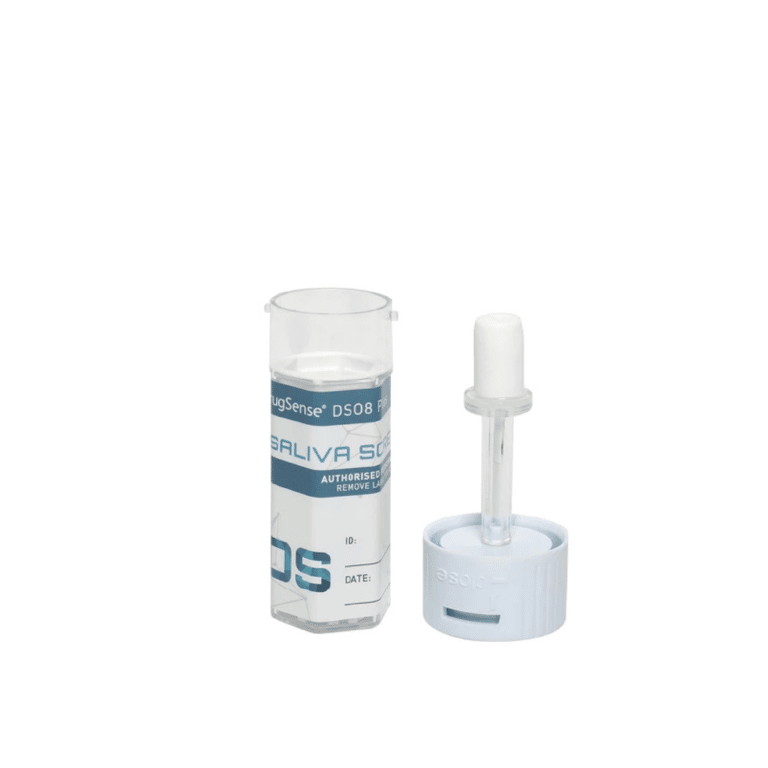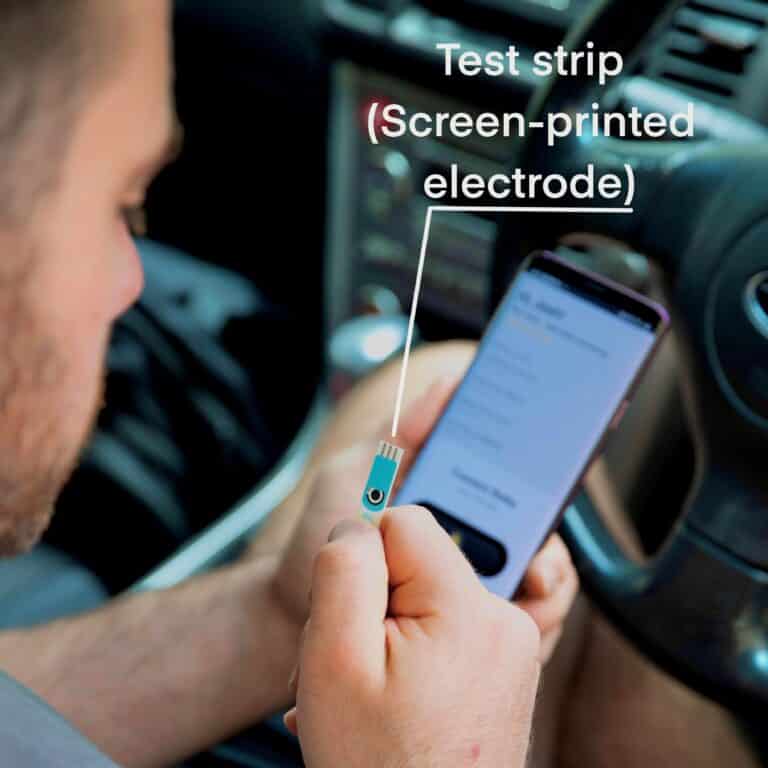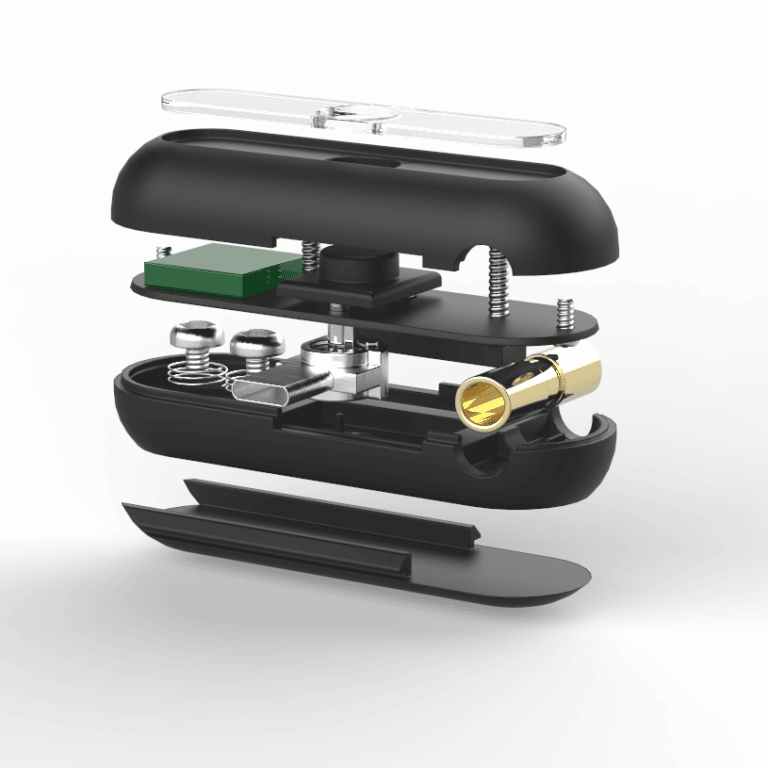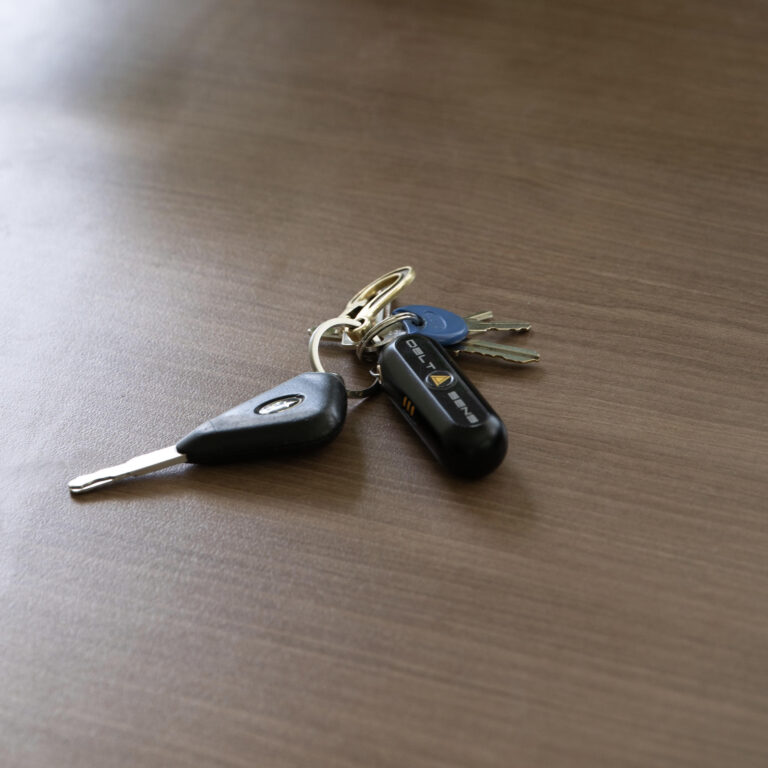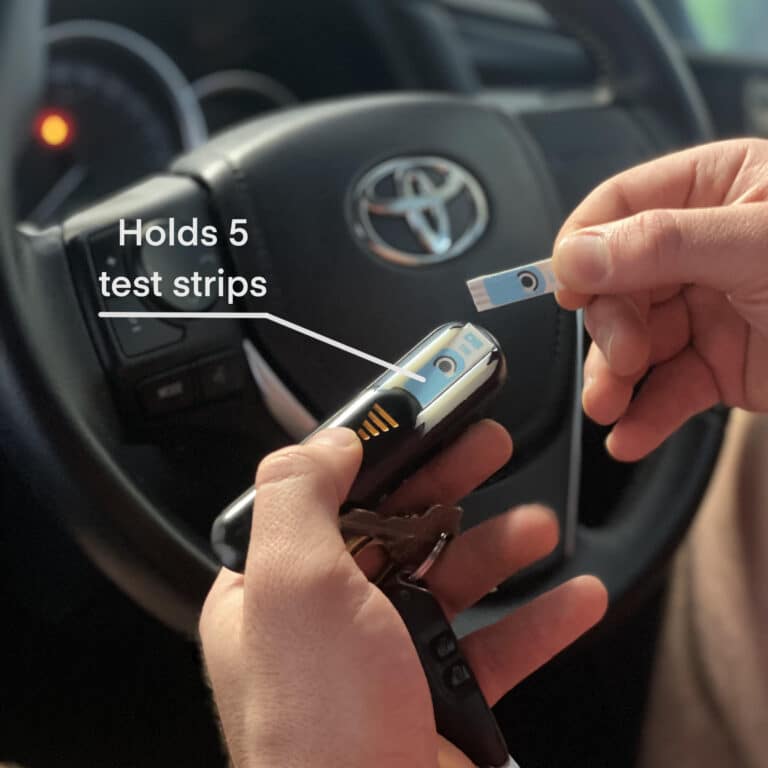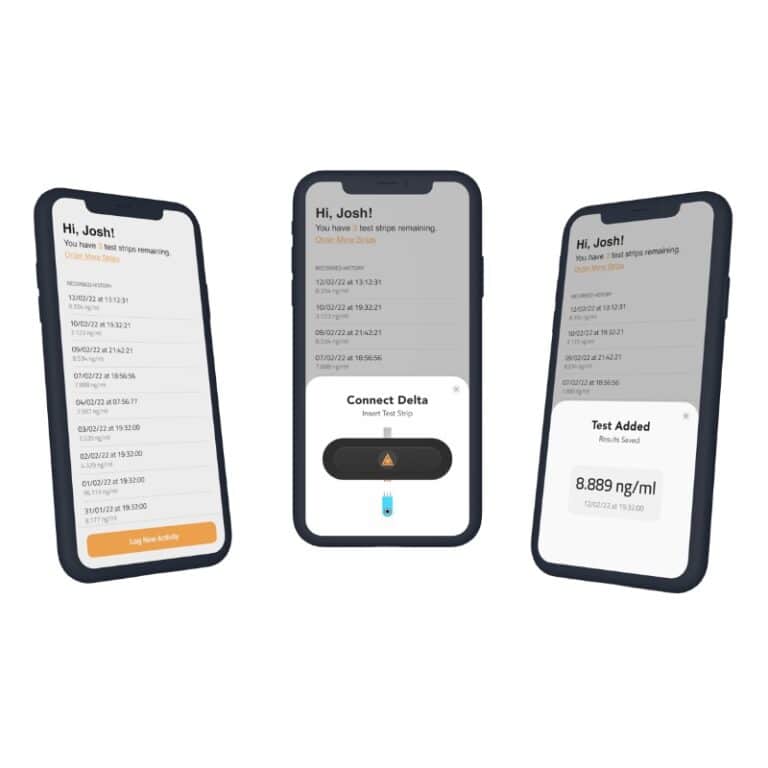Background
Australia launched its medicinal cannabis program in 2016 and, since then, it has seen an explosion in participation with over 248,000 prescriptions approved for over 140 medical conditions to date. Today, it is a rapidly growing industry with $432 million in sales forecasted for 2022 and approximately 15,000 new script approvals per month. Despite the success of the program, patients are dealing with numerous significant barriers to their treatment. Right at the top of that list is the issue of driving.
Imagine telling any other medical patient that they have to decide between life-changing medication and driving
Medicinal Cannabis Patient and survey respondent
The problem
In Australia, it’s currently illegal to drive with any amount of THC (Delta-9-Tetrahydrocannabinol), the psychoactive component of cannabis, in your system. There is no exception for medicinal cannabis patients. If they test positive, patients can lose their licence, face criminal charges and even jail time; the same as if the driver has bought and used illicit cannabis from the black market.
Patients may test positive for THC even if they do not feel impaired or believe they are feeling the effects of THC at all. THC is usually able to be detected in saliva for up to 12 hours after use however, in regular users like many medical cannabis patients, THC may be detectable in saliva for up to 3 days of abstinence.
Despite significant concerns about being tested for THC while driving, it was found that the majority of the 140+ surveyed and interviewed patients are driving the same day as using their medication and that most patients aren’t changing their driving behaviour enough to avoid a positive result on a road-side drug test. When this was investigated, it was found that patients drove as they didn’t feel impaired or felt they had an alternative but, in particular, because they did not have any way to gauge whether they would produce a positive result.
Patients can’t tell if they have THC in their Saliva and thus, can’t tell if they’re eligible to drive
I think fear of driving laws stops a lot of patients from taking products that contain THC because they’re worried, quite rightly, that they might be pulled up and it might be identified in a drug test
Helen Kapalos, Director of Communications & Community, ANTG
DELTA SENS
Delta Sens is the first multi-use electrochemical THC saliva testing device on the market. It’s designed to allow patients to accurately and cheaply measure the concentration of THC in their saliva; empowering patients and allowing them to make an educated decision on driving. Delta Sens does away with single-use; whole-system tests like the lateral flow tests that exist today. Instead, it incorporates a reusable device with single-use testing strips (screen-printed electrodes), to capture and analyse a saliva sample, at a fraction of the cost, and with greater accuracy and functionality.
HOW TO USE DELTA SENS


